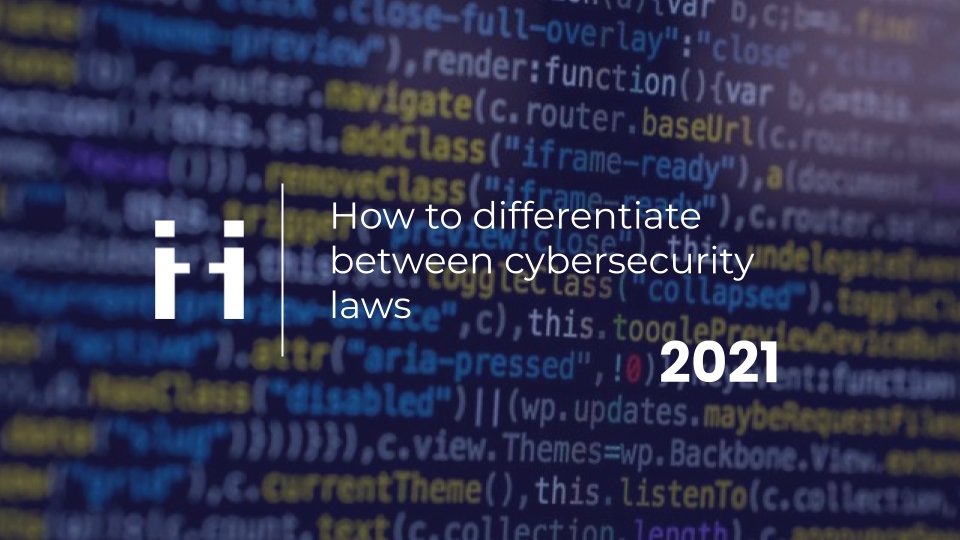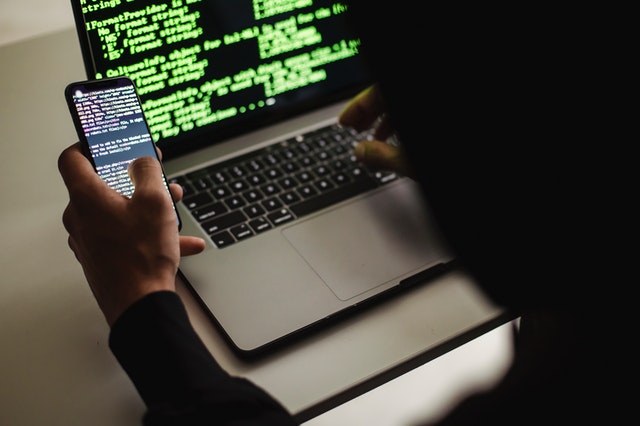
Share this article
Share this article
The internet has connected nearly every country in the world, allowing instant communication between opposite sides of the globe. While the internet seems like a unified, universal space, the truth is that there are different regulations in different countries governing internet use. These laws affect user experience and inform how companies interact with their customers. In order to deter cybercrime and to promote cybersecurity norms, different countries have enacted cybersecurity laws. Other countries have used national security concerns to justify strict laws and internet censorship. This article will delve into a few examples to help explain how a company should adapt its internet operations to conform with these laws.

The Government of the People’s Republic of China promotes a different vision of the internet than the United States or the EU. Instead of an open internet with universal access across the globe, China is promoting the concept of “Digital Sovereignty.” This approach gives China control over the information that flows into its borders. This power is enacted through the cybersecurity law. China’s cybersecurity law requires specific data to be stored in the People’s Republic of China, with the government granted access at will. China’s “Great Firewall” blocks many foreign websites and censors politically sensitive content. Chinese tech companies like WeChat have adapted to differing national requirements by keeping separate servers in different countries that store user data depending on the user’s location. International leaders disagree on how to react to China’s cybersecurity laws and have considered whether Chinese apps pose any threat to national security.
The EU Cybersecurity Act was enacted in 2021, enabling the ENISA (European Cybersecurity Agency) to take a more prominent role and standardize cybersecurity certification. This new framework will make it easier to sell IoT and other devices in the EU as there will be a unified certification framework for the entire common market. Removing the need for each member state to certify products reduces complications for manufacturers. It also potentially removes opportunities for cybercriminals to exploit the gaps between differing standards.
Related to the cybersecurity act are the General Data Protection Regulation (GDPR) and the NIS directive. GDPR codifies data protection for consumers and requires their consent to use cookies and other data trackers. The NIS directive makes certain EU member states are prepared for cyber threats and that they cooperate closely in the event of a cyberattack.
There is no international law related to cybersecurity. Still, the United Nations has issued several resolutions and agreements over the years related to cybersecurity. The resolutions are not binding and are merely suggestions. The UN Office of Counter-Terrorism has created cybersecurity programs against cyberattacks. The NATO Cooperative Cyber Defence Centre of Excellence (CCDCOE) is a group funded by NATO members focused on cybersecurity and preventing cyber warfare from state actors.
The United States has several laws governing cybersecurity. The Health Insurance Portability Accountability Act (HIPAA) controls how healthcare data is used. It enshrines protections that companies working in the healthcare industry must comply with and defines standards. Similarly, the Graham-Leach-Biley Act applies to the financial sector. The Federal Information Standards and Management Act (FISMA) created cybersecurity measures for handling U.S. government information.
The Computer Fraud and Abuse Act punishes cybercrimes like digital trespassing on government computers and obtaining national security information unlawfully. The US Justice Department guidelines detail sentencing levels according to the crime and adjustments according to the amount of damage caused. The base sentencing ranges from 6 to 35 years, depending on the offense. It can be increased according to the monetary loss caused.
This article is not legal advice. We are merely restating information for your convenience. Specialized law firms in legal policy and technical details of cybersecurity law will be able to help you if you are in need of guidance.
Laws like the U.S. Cloud Act can conflict with other countries’ laws, like Europe’s GDPR. Cloud service providers have had to adapt to these conflicting laws creatively, like separating their US and European operations. Tech companies with a worldwide presence have adapted to conflicting national security laws by maintaining separate servers or even splitting their operations.
As some countries move away from an open internet and towards cyber sovereignty, it is difficult to predict how online business will evolve in the future to adapt. It is a fascinating time for law students to witness the changing international situation.
Regardless of country, network security remains a concern for most companies. Increasing ransomware attacks highlight the need for increased cybersecurity awareness. Cybersecurity laws have the benefit of encouraging companies to adopt strict security standards like the NIST Cybersecurity Framework.
No matter where you are in the world, ViiBE’s video assistance web app connects you securely using WebRTC technology. Its flexible technology adapts to different use cases, from remote video inspection in the construction industry to customer support video calls. ViiBE can plug into existing call center technology or allows you to set up a virtual call center with agents scattered around the globe. Its knowledge management solution stores any relevant call-related information from screenshots to the video call itself, where allowed. ViiBE complies with GDPR and other national cybersecurity laws. Its download-free web app is accessible worldwide on any internet-connected device with a camera.
Now that the internet has become as critical infrastructure to the global economy as transportation networks, countries are taking cyberattacks as seriously as terrorism. This attitude is reflected in cybersecurity laws, which reflect national security concerns. Still, conflicting priorities and different world views are producing a splintered internet, with some countries advocating for a free internet while others call for cyber sovereignty. Companies have had to adapt to this reality in creative ways to maintain global operations. Still, technology like ViiBE continues to enable you to access live video support anywhere in the globe. While we can’t tell you what tomorrow will bring, you can rest assured that ViiBE will be there to help.